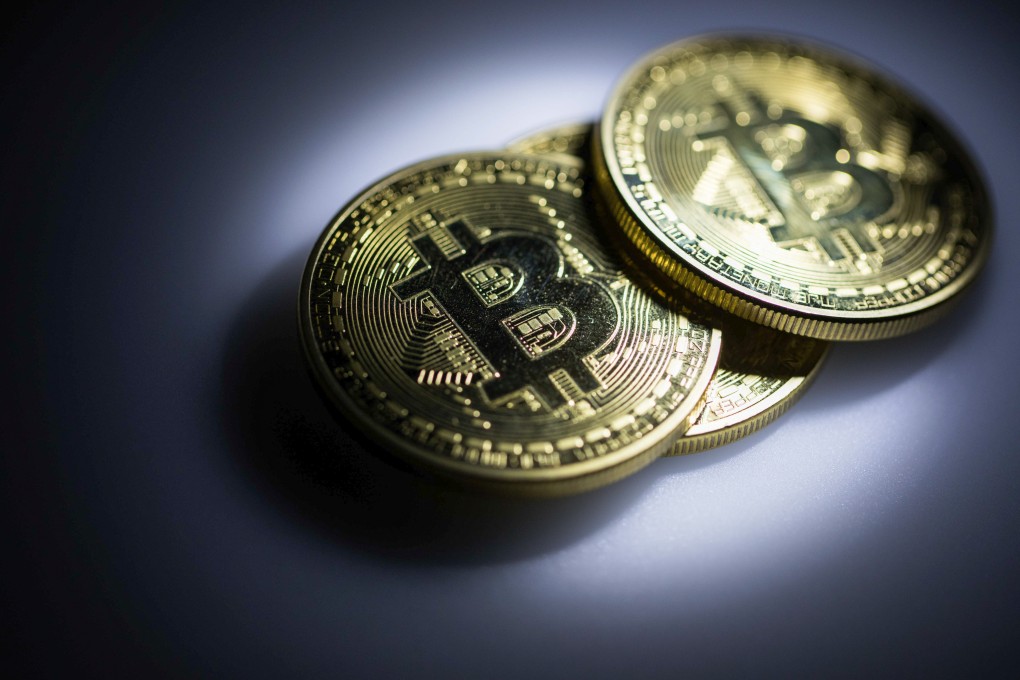Europe’s crypto rules get final approval as the continent takes lead on regulating freewheeling sector
- The European Council adopted the Markets in Crypto Assets package of rules that are expected to start taking effect in phases in July 2024
- The rules are aimed at improving transparency and combating money laundering and will cover stablecoins

The European Council adopted the package of rules – known as Markets in Crypto Assets, or MiCA – in the final step of the bloc’s legislative process. European Parliament lawmakers endorsed the rules in April, and they’re expected to start taking effect in phases starting in July 2024.
The rules are aimed at improving transparency and combating money laundering and will cover stablecoins – which are usually tied to a hard currency or a commodity like gold that make them less volatile than normal cryptocurrencies.
Other digital tokens as well as bitcoin-related services such as trading platforms and digital wallets are also subject to the rules, but not bitcoin itself.
“Recent events have confirmed the urgent need for imposing rules which will better protect Europeans who have invested in these assets, and prevent the misuse of the crypto industry for the purposes of money laundering and financing of terrorism,” said Swedish Finance Minister Elisabeth Svantesson, whose country holds the rotating presidency of the European Council.
Under MiCA, which has been in the works since 2020, crypto companies will need approval to operate in the EU and be held liable if they lose investors’ assets. Authorities will compile a public list of “noncompliant” companies.